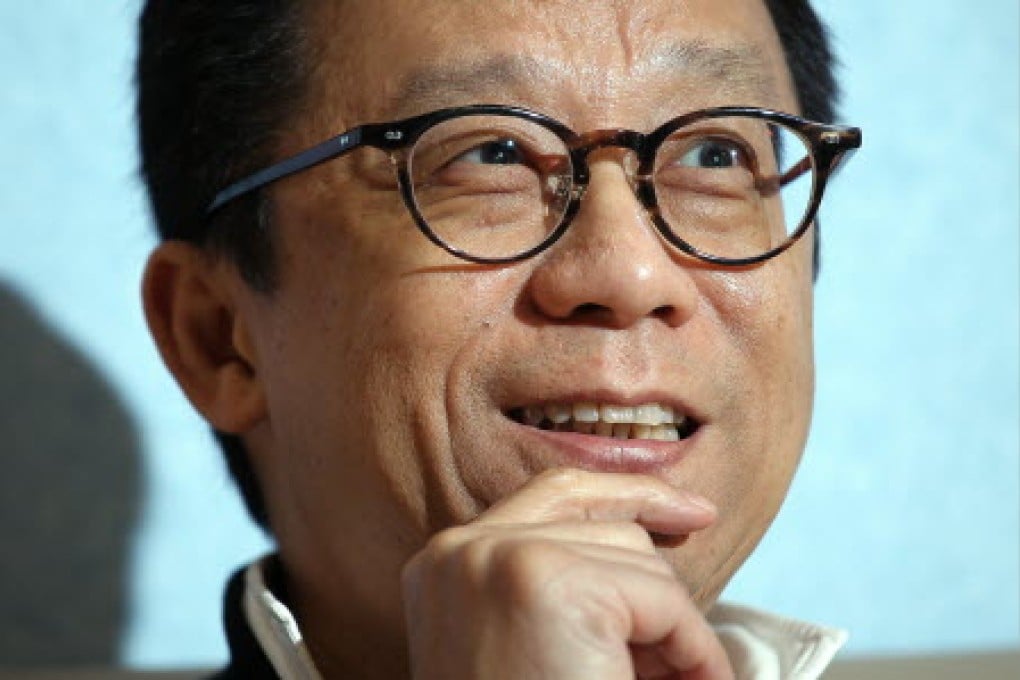Update | High Court judge rules HKTV licence refusal by government is unlawful
High Court ruling against government decision gives jubilant Ricky Wong another chance to get foothold in city's free-to-air television market

In a stunning reversal of fortune for Ricky Wong Wai-kay, the High Court ruled yesterday that it was unlawful of Chief Executive Leung Chun-ying and his cabinet to deny a free-to-air licence to the maverick businessman's Hong Kong Television Network.
The court has given Wong another shot at entering the market by ordering the Executive Council to reconsider its October 2013 decision which sparked street protests by HKTV supporters and prompted the telecoms veteran to seek a judicial review.
In a written judgment, Mr Justice Thomas Au Hing-cheung ruled that when the government rejected HKTV's application, it failed to follow a 1998 pro-competition policy stipulating there should be no limit to the number of free-television licences.
He pointed out that Exco had instead adopted a "gradual and orderly approach" to opening up the television market and awarded only two licences - to PCCW's Hong Kong Television Entertainment and iCable's Fantastic TV. The official explanation then was that the market might not be able sustain three new players along with TVB and ATV.
The judge noted that based on this premise, Exco had chosen to rank the three new hopefuls instead of looking at their individual merits. That, he wrote, meant Leung's cabinet had effectively decided to limit the number of licences to just two.
"I agree that HKTV had a legitimate expectation that its licence would not be rejected on the basis that there would be a pre-fixed number of licences to be granted," he wrote.
"If either there was a change of policy or that the Chief Executive in Council had not followed the policy in making the decision, he must give an explanation as to why that was the case. This has not been done. Whichever is the case, it has rendered the decision unlawful in that respect."